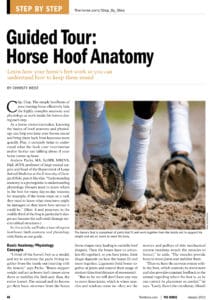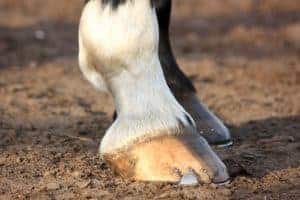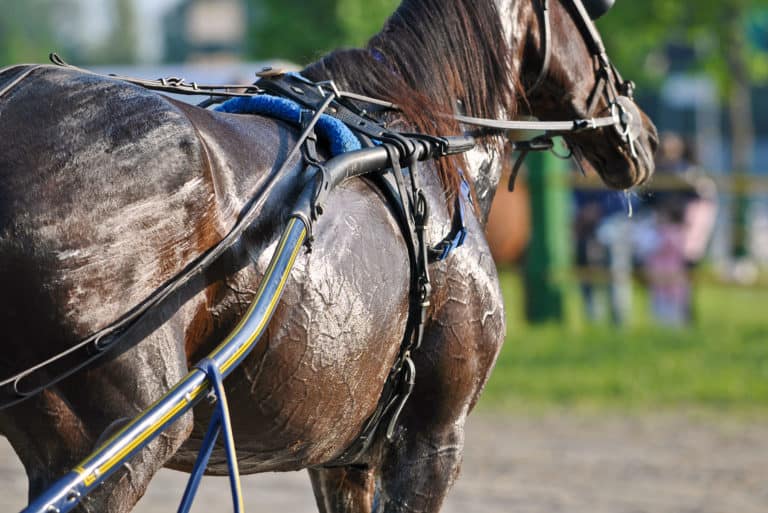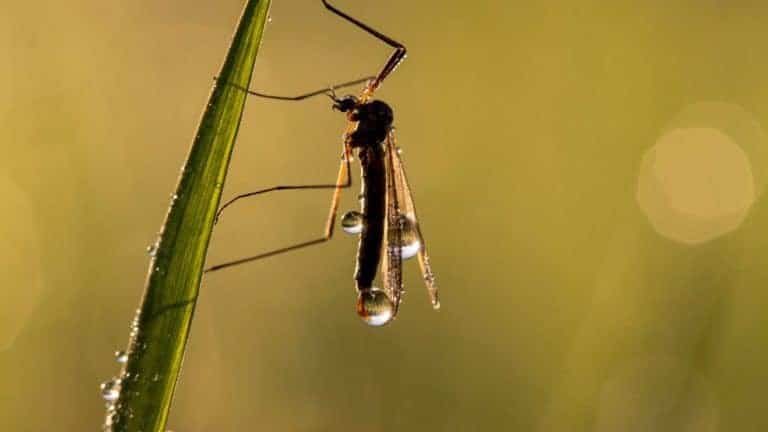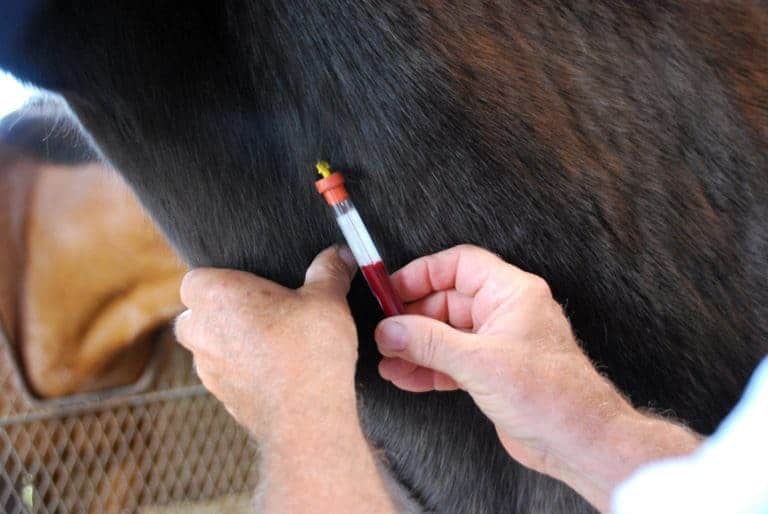General Anesthetics in Horses: Inhalants and Injectables (AAEP 2009)
The basic strategies for general anesthesia in horses–gas (inhalant) vs. injectable (intravenous) medication–might soon be sharing and/or trading places on the popularity scale, according to Ann Wagner, DVM, MS, Dipl. ACVA, ACVP, professor of veterinary clinical sciences at Colorado State University. She discussed balancing general and intravenous anesthetics in horses at the 2009 American

